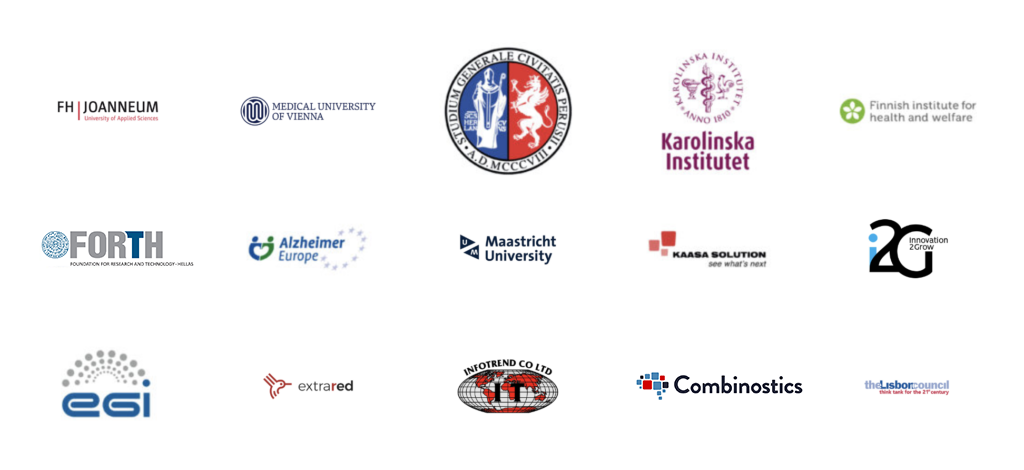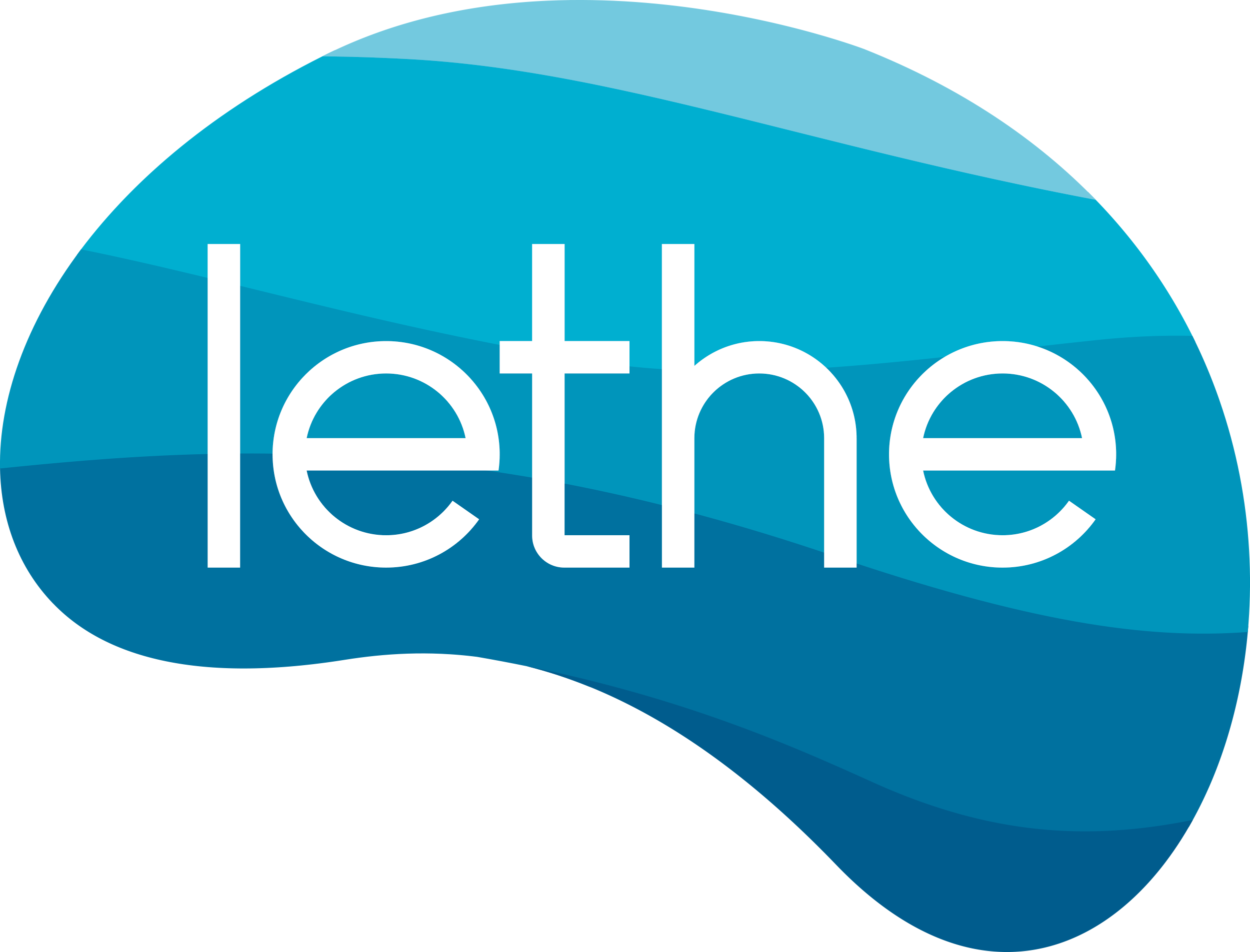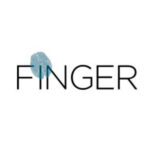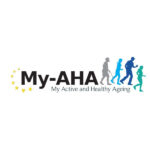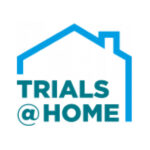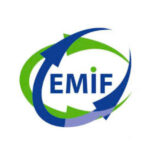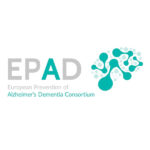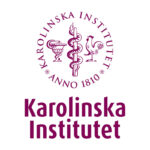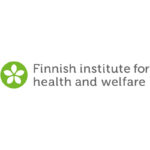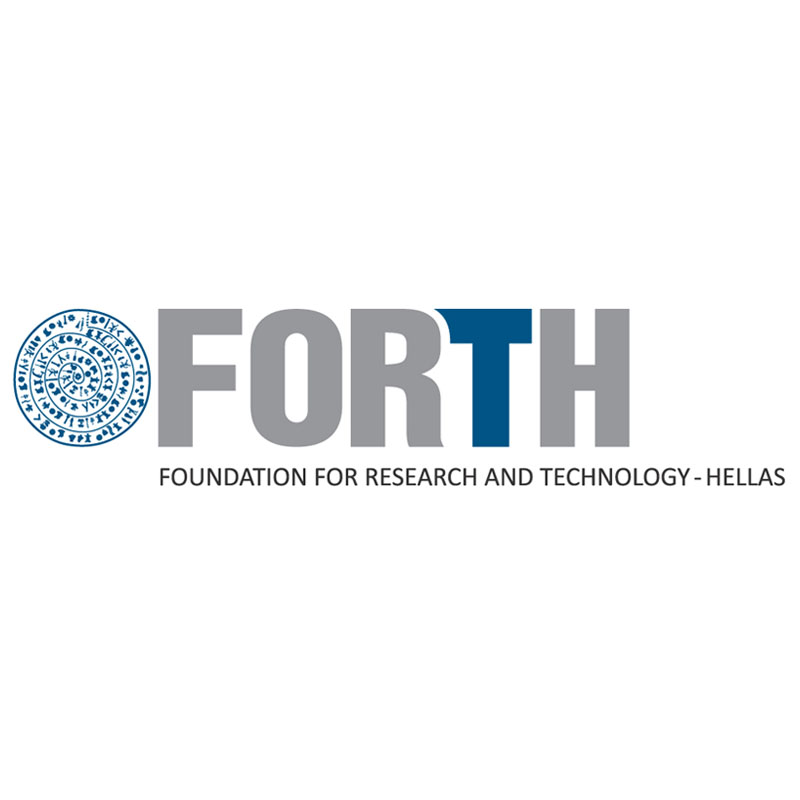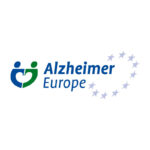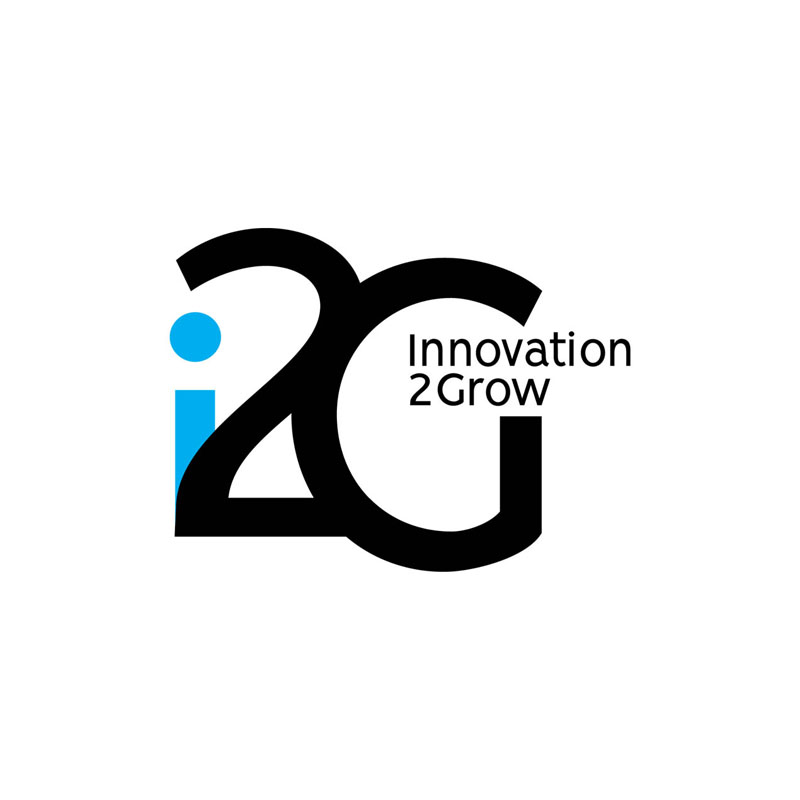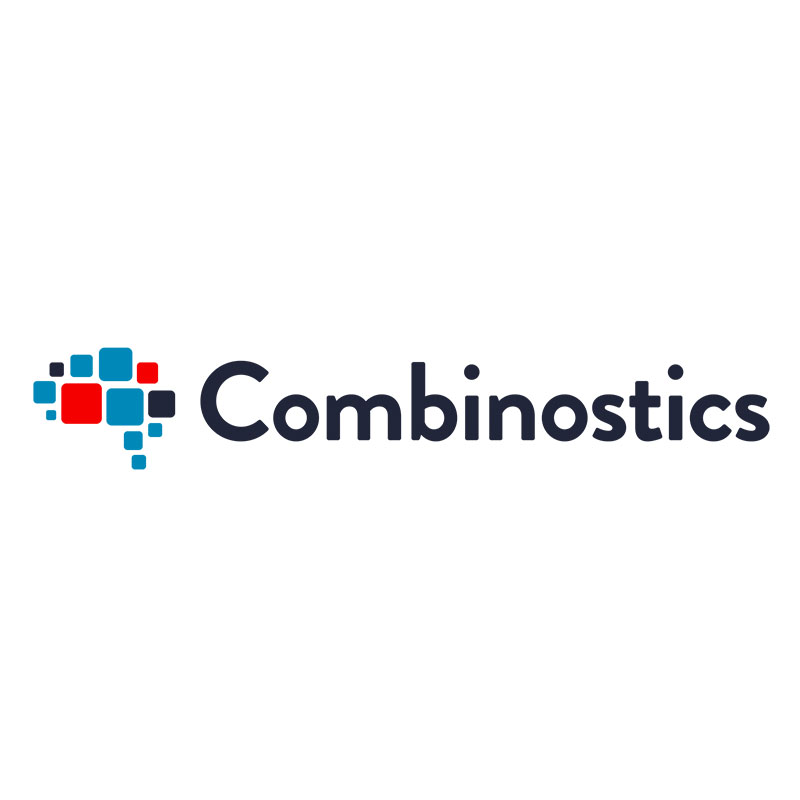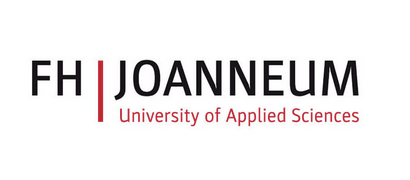Welcome to LETHE Project
Project Overview
Dementia is the most severe expression of cognitive impairment, the main cause of disability in elderly people, currently affecting nearly 50 million individuals worldwide
LETHE is an Horizon 2020 project designed to prevent cognitive decline in an ageing population at an early time point by a multi-domain interventional lifestyle approach built on a person centred digital solution
In LETHE a broad approach to prevention of Dementia is built at the intersection of clinical and technological disciplines
LETHE is developing a data-driven risk factor prediction model for older individuals at risk of cognitive decline, novel digital biomarkers and a digital enabled intervention based on the evolution of the FINGER study
The project is performing on an existing clinical observation and intervention data from the 11-year follow-up FINGER study and re-using results from former EU projects’ validated sensing and interaction technologies
FINGER is 2-year multi-center randomized controlled intervention trial carried out in Finland (Coordinated by the Finnish Institute for Health and Welfare, Helsinki)
Smartphones, wearables and home-based sensors –used to measure disability progression associated with AD
Interaction technology to improve physical activity and cognitive function, psychological state, social resources, nutrition, sleep and overall well-being
Explore the potential of digital technologies for use in ‘remote decentralised clinical trials’ (RDCTs)
A pan-European platform for large-scale research on biomarkers and risk factors for neurodegenerative disorders
The project data and hosting services infrastructure will rely on the European Open Science Cloud (EOSC) a virtual space for the European scientific community
LETHE team cares about data. The EOSC infrastructure and its services enables the management of high-quality data, the validation and verification, the scalability and data growth, the generation of information and insights on the temporal evolution of cognitive decline and, last but not least, securing of health data and anonymization
Objectives
Our main objective is prevention in the whole spectrum of cognitive decline in the elderly population at risk

Personalized intervention through
predictive modelling
A novel data-driven dementia risk prediction model targeting the main known modifiable risk factors for cognitive decline

Health literacy and
empowerment
Include the person in the process by giving information and control over the disease onset, the risk factors progression and empowerment in data ownership

Data-driven health behavioral change through sensors and innovative interaction technologies
Innovative methods for data generation and health biomarker collection

Improvement of disease knowledge and symptom interpretation through data visualization
Support Healthcare providers to understand the importance and impact of individual risk factors related to cognitive decline and dementia as well as insight in the temporal behavior of various symptoms and cognitive decline risk patterns

Simulation-driven improvements of personalized health and care pathways to improve care quality
Prediction models to adapt and personalize current pathways for early dementia and related risk factors

Validation through measurement of socio-economic effects and quality of life of persons at risk
Contribute to society by encouraging and guiding a healthier lifestyle which has a direct effect on disease prevention in the older population in Europe
The LETHE-Project has received funding from the European Union’s Horizon 2020 research and innovation programme under grant agreement no 101017405
https://ec.europa.eu/digital-single-market/en/policies/ehealth
Consortium

The LETHE-Project has received funding from the European Union’s Horizon 2020 research and innovation programme under grant agreement no 101017405
https://ec.europa.eu/digital-single-market/en/policies/ehealth
